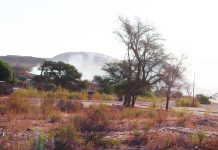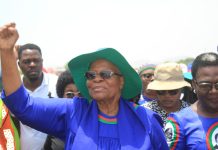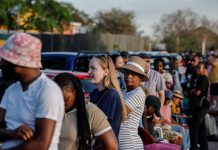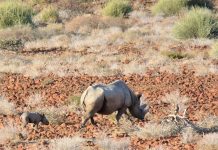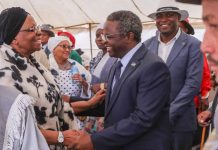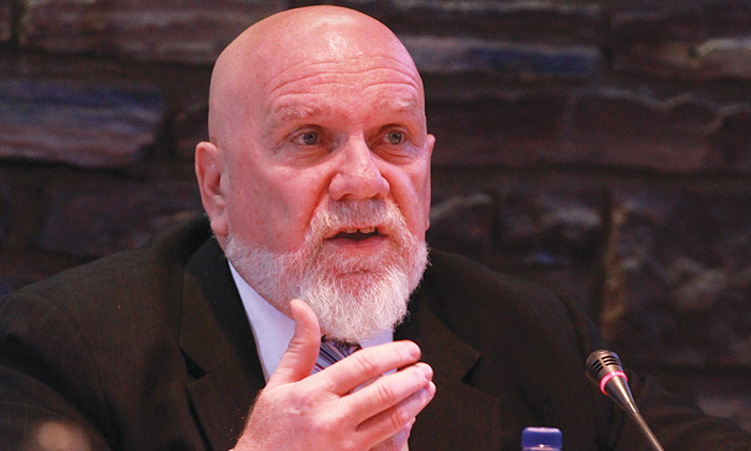
24 November 2024
This was the message famously used by US president Bill Clinton when he won the 1992 US presidential elections and president George Bush (the elder) was swept from power.
Presidents Ronald Reagan and Donald Trump used a similar line, asking voters “are you better off now than you were four years ago?”
It is a question worth asking of Mr and Mrs Average Namibian just before the elections.
The problem with answering the question is not Mr and Mrs Average Namibian but rather the average economist.
Economists have developed numerous measures on how well people are faring and the most common are in terms of real gross domestic product.
This is the total of final goods and services produced by a country every year. The more goods you produce, the richer you are, supposedly!
LIVING STANDARDS
Few economists would argue that this is in any way a flawless measure of living standards, let alone, the more important issue of how to measure ‘human happiness’.
Even if we accept GDP/capita, how do you compare GDP per capita over time when prices are rising from one year to the next.
The normal measure is called real GDP per capita.
This considers the purchasing power of the currency after prices have risen.
So the question citizens should ask at election time is – are we better off now than four years ago?
By the normal measure of GDP/capita in real Namibian dollar terms, i.e. taking into account inflation, the answer is definitely yes.
Incomes rose for three years in a row following the end of the Covid pandemic and in 2023 were approximately 8.6% higher than during the last election.
However, how well Namibia is doing depends how long a horizon one takes.
In 2023, while the average Namibian was 9% poorer than he or she was at the peak of the 2015 boom, one has to go back 10 years – to 2013 – to find a comparable living standard to that enjoyed in Namibia in 2023.
It is hardly a record of fine economic management and the results are best seen when making an international comparison.
COMPARISONS
Economists have also developed measures to compare countries with vastly different costs of living, which is called GDP at ‘purchasing power parity.
This is GDP adjusted for the difference in living costs in different countries in US dollars.
In this respect, it is important to rate Namibia against those countries in Africa to which it is normally compared, i.e. Botswana, Mauritius and South Africa.
The real income of average Namibians declined sharply after the 2015 boom, when new mines were opened and there was extravagant government spending.
The decline was worsened by the Covid pandemic but recovered slightly afterwards.
Compared to Botswana, the country in Africa most economically similar to Namibia, the gap has widened over time.
South Africa has experienced longer term economic stagnation than Namibia, going back to at least 2009 with the onset of the corrupt Zuma regime and the ‘state capture’ associated with it.
South Africa still has to recover its standard of living of 2009.
On the other hand, Mauritius has experienced a dramatic rise in the living standards of its people as it diversified its economy from sugar to manufacturing and ultimately services, including large tracts of real estate to foreign investors.
WINDS OF CHANGE
A wind of political change is blowing across southern Africa, and sweeping away old regimes that have governed countries for decades since independence.
South Africa has seen the ANC lose its majority and be forced into a coalition government.
In Botswana, the Botswana Democratic Party, which ruled that country for cose to 60 years, was decimated in recent elections, getting only five seats out of 62.
In Mozambique, people have taken to the streets contesting the allegedly rigged elections of 9 October.
Will the changes that began in South Africa and Botswana sweep across the Kalahari to Namibia? That, the people of Namibia will decide.
• Roman Grynberg is a Polish-born professor of economics, author and academic. He specialises in international trade and commodities. Grynberg has also worked at the University of Namibia.

